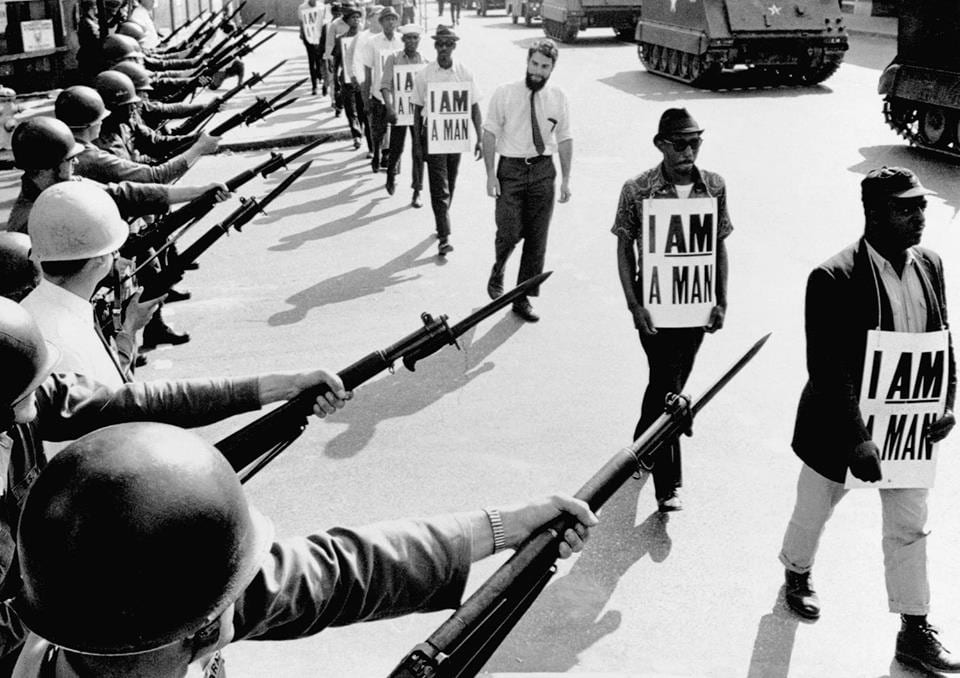
A public lecture by Carl A. Zimring.
The concept of environmental racism emerged in the 1980s in the wake of the Warren County protests against siting a PCB waste facility in a majority African-American community and the subsequent national study Toxic Wastes and Race in the United States (1987). Most studies of environmental justice movements document the subsequent period’s activities, ranging from protests of coal-burning power plants in Chicago to radioactive waste siting on Navajo lands, and, most prominently, the Flint Water Crisis and Standing Rock protests against the Dakota Pipeline.
This talk, based on the book Clean and White: A History of Environmental Racism in the United States, proposes a far longer history of environmental racism in the United States, focusing on occupational structures in waste-handling occupations in the nineteenth and twentieth century, emphasizing the Memphis Sanitation Workers’ strike of 1968 as both a culmination of developing inequalities and also an important precedent to the Environmental Justice Movement that emerged in the 1980s. Telling a long history of these inequalities in the United States, I argue, allows us to contextualize contemporary struggles in the structural inequalities that activists and scholars have documented for more than thirty years.
This event is co-sponsored by Environmental Studies
Facebook event: https://www.facebook.com/events/1069611536519338/
Image Credit: Bettmann / Ernest C. Withers. 1968.